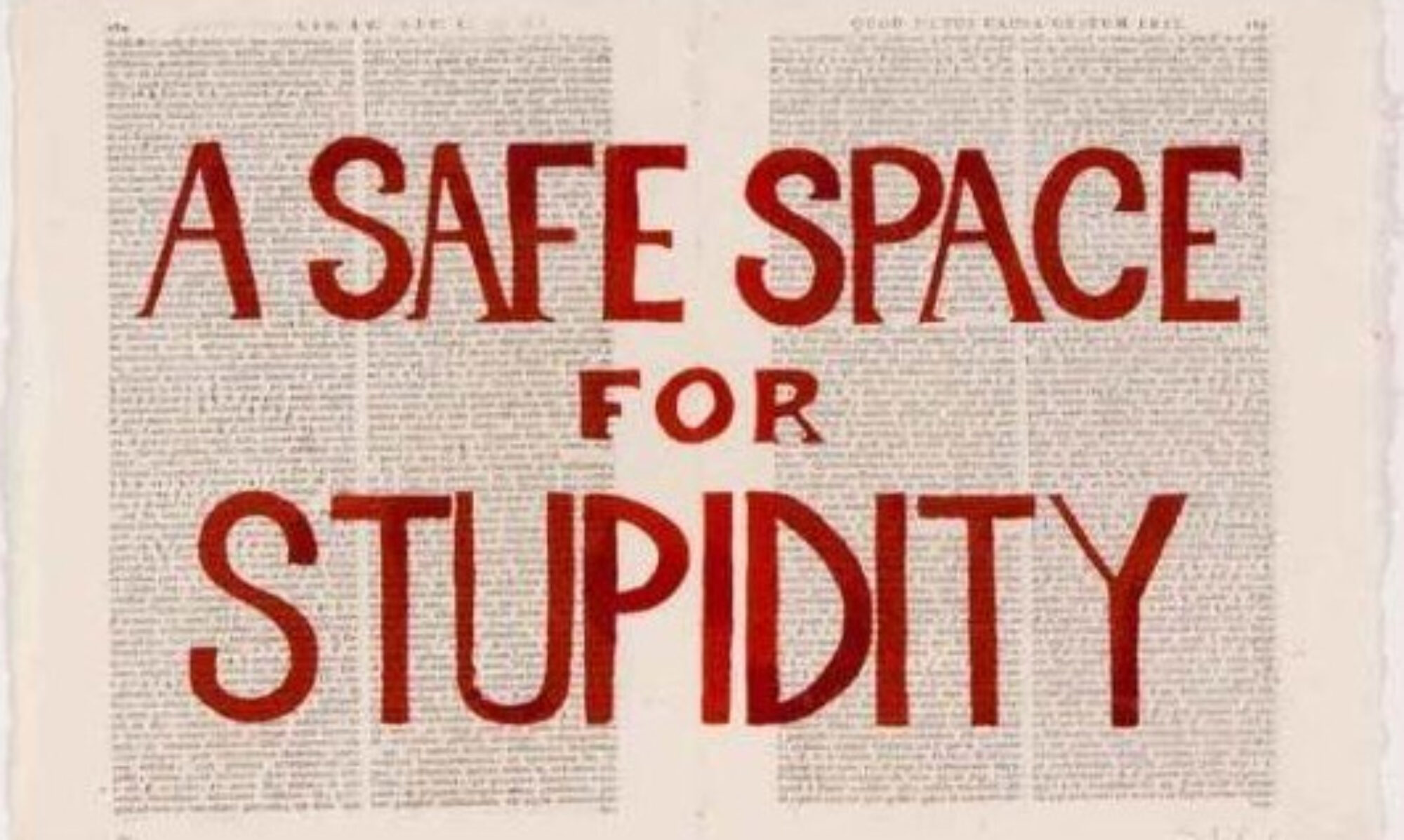Following lobbying from members of the University of Bath asking that the university provide funded studentships for refugees from Syria, the senior management team has laid out a response under the title `Partnership, not gesture: Jordan commitment‘. The substance of the management plan is outlined below, with a response.
Following our discussions in Amman two weeks ago we now undertake to make a range of brand new commitments in Jordan to build that resilience:
1. Working with a local University in Amman with a focus on STEM we will support the training of faculty to doctoral level in areas such as engineering and mathematical innovation, essential for the development of resilient systems.
Laudable though this contribution to Jordanian Higher Education might be, it is not a proposal to offer any chance of higher education to Syrian, or other, refugees. There is an additional impediment: according to a report on the status of Syrian students who have sought refuge in Jordan, Jordanian universities require Syrian students to produce documentation on their previous studies:
students reported to us that although in some cases documentary requirements have been eased, some Jordanian universities continue to require documentation. Since many Syrian refugee students were forced to leave home without this paper work, failure to waive these requirements creates an effective bar to accessing higher education in Jordan.
For obvious reasons the Syrian embassy in Jordan is not helpful to Syrian refugees looking for copies of their educational qualifications, so in practice Syrian refugees find it almost impossible to enter a Jordanian university.
2. We will commit to partner with the Royal Scientific Society of Jordan to conduct research in areas of national priority.
Again, this is a laudable proposal, although it does require some detail. For example, is this to be funded by the University of Bath, or does it depend on external funding? If the latter, it is simply a strategic internationalization decision, and not an act of generosity or solidarity by the university. In neither case is it an offer of assistance to refugees fleeing war in Syria: it is cooperation on work of national importance to Jordan.
3. We have now launched a Study Centre in partnership with the Amman Baccalaureate School where we will deliver our MA in Education. We will teach the teachers to provide future leadership in education.
This is not a `brand new commitment’: the `new study centre’ was opened at the end of January by Princess Sarvath, an honorary graduate of the University of Bath.
4. We will strengthen our partnership with the British Institute in Amman to develop research which can inform how governments, NGOs and other parties might more effectively respond to the long-term impacts of the crisis.
Neither is this.
5. And we will provide scholarships on our postgraduate MA Education programme in Amman to refugees displaced by the crisis. These scholarships will complement work being undertaken by the British Council, whose EU-funded LASER (Language, Academic skills and E-learning Resources) Project is developing English language skills with refugees and host communities in Jordan and Lebanon.
This is a very limited offer. The MA in Education programme is open to `qualified educators‘. This translates into a requirement that students on the programme be `qualified teachers‘. At best, this is an offer of scholarships (of what value?) to refugees who already hold a teaching qualification: it offers nothing to those who hold a qualification in any other discipline, and nothing to those who have not started or completed a qualification.
These are all new initiatives for the University. Together, they form a multi-layered commitment to Jordan in its vital stabilisation efforts in this deeply troubled region.
On a charitable reading, some of these initiatives are new `for the University’. They are not, however, a response to the humanitarian crisis of refugees fleeing Syria: they were in place long before the issue of aiding people fleeing war was even raised. Indeed, the word `Syrian’ does not appear in the proposals, and there is absolutely no proposal to offer assistance to Syrian refugees in the United Kingdom.
Our community started out with a call for support for refugees. We are going far beyond what was sought.
It is true that `our community started out with a call for support for refugees’. This plan is not a response to that call but the passing off of existing initiatives as aid for refugees. It does not go `far beyond what was sought’; it is not even movement in the same direction.

